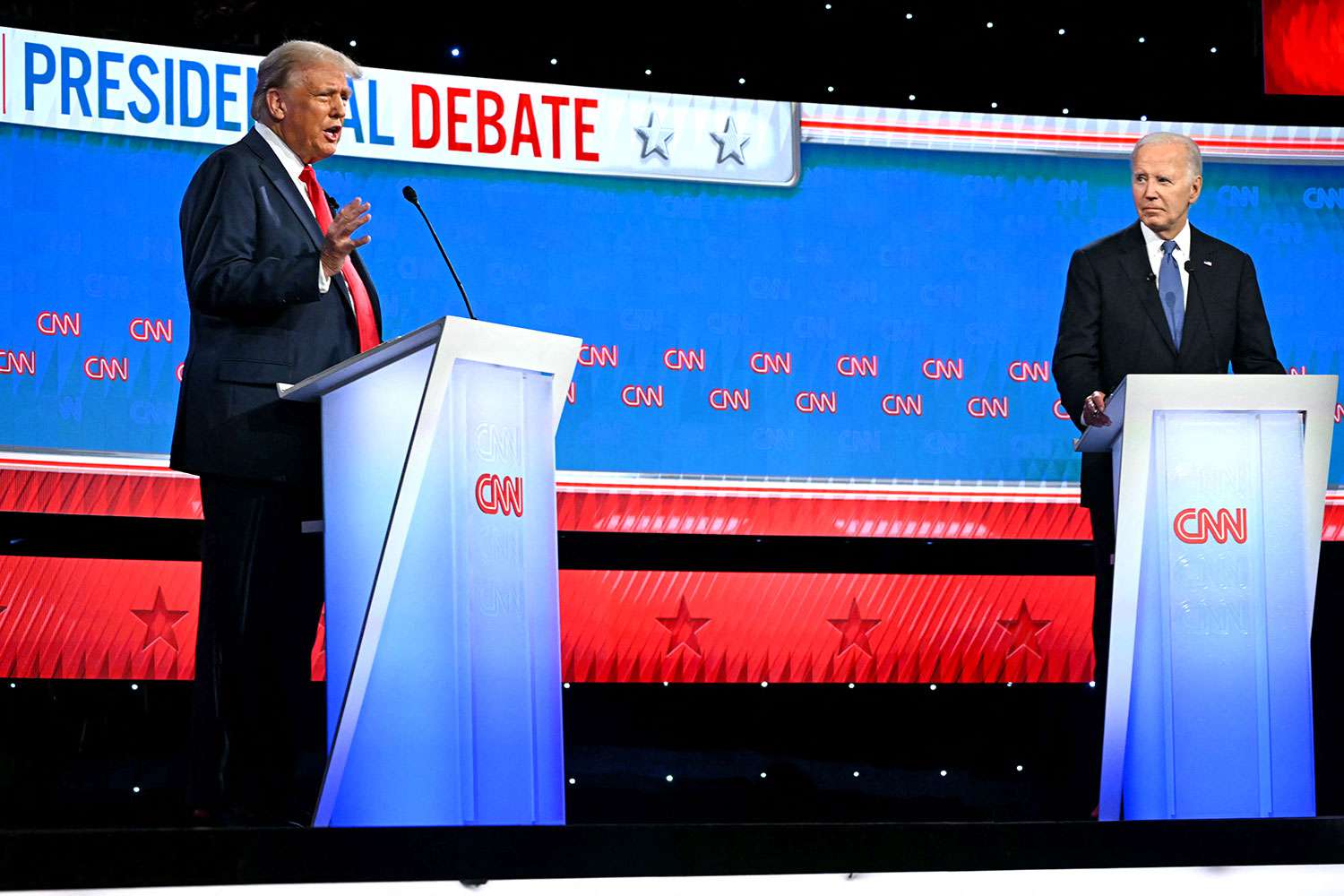In the first presidential debate of 2024, viewership plummeted to 47.9 million, marking a stark decline from previous election cycles. Comparatively, the 2020 rematch between Joe Biden and Donald Trump drew 73.1 million viewers, indicating a significant 35% drop in audience engagement.
The debate was characterized by concerns over Biden’s perceived signs of aging, which overshadowed Trump’s frequent factual errors. This contrast allowed Trump to showcase his vigor, prompting some pundits to suggest Biden should reconsider his candidacy.
Despite the debate’s negative impact on public perception, the Biden campaign remained steadfast, continuing with scheduled appearances and dismissing speculation about Biden’s withdrawal from the ticket.

CNN observed a notable increase in digital engagement during the event, reporting record-breaking viewership across its digital platforms. This digital interest contrasted sharply with the debate’s historically low television viewership, narrowly surpassing a similarly tepid 2004 debate in terms of ratings.
Historically, the 2016 debate between Trump and Hillary Clinton set a high bar with 84 million viewers, driven in part by the dramatic clashes and memorable interruptions.
In contrast, the 2024 debate failed to capture public interest, underscoring the candidates’ general unpopularity and the divisive nature of the event. The Commission on Presidential Debates implemented unconventional rules to curb interruptions, but both candidates struggled to inspire widespread support during the lackluster event.

